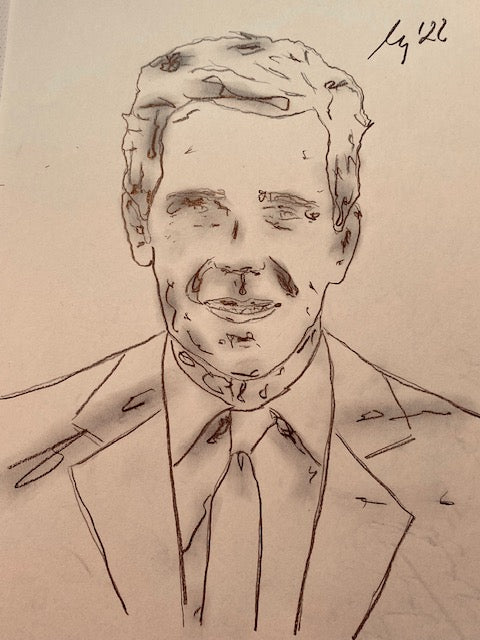
And Flash: Antony Armstrong-Jones aka Lord Snowdon
by admin
·
Having previously dealt with two true heavyweights of Anglo-American photography, today we’ll be introducing a slightly less well-known photographer, namely, Antony Armstrong-Jones. Lord Snowdon (as our blue-blooded friends would refer to him) is, unfairly in my opinion, primarily known for being the husband of Princess Margaret. While it is true that multiple tomes (or, indeed, Netflix series) could be made about the dramatic relationship of the high society pair, Lord Snowdon’s skill as a photographer should not be underestimated.
His photography is characterised by lightness and spontaneity, which sets him apart from the aforementioned masters of mise-en-scène, Cecil Beaton and Richard Avedon. Armed with a low-light camera, Snowdon would move in very close to his models (by all accounts, this moving very close was not always for the purposes of photography). In an interview, Snowdon once stated that his goal was to ‘invade’ the personal space of the subject, so as to reveal the person’s true self. One of his most famous works shows the wildness of a wide-eyed Sir Alec Guinness. Other works show people in the street walking by or a man in a hat majestically striding through the smoke of a steam locomotive. Later works include numerous portraits of various royals and shots of the old and new avantgarde scene in London. Prime examples of this are photographs of Noel Coward or David Bowie. These photos were also primarily created using natural light and dynamic backgrounds. This is the key to achieving his characteristic non-chalance usually only found in snapshots.
His style of dress was similarly non-chalant: classic suits with tonal shirt and tie combinations or a roll neck. A particular sartorial highlight is an outfit made up of a white rollneck, a black dinner jacket with a shawl collar, and black Chukka boots. It all screams 1960s and is a boldly casual choice for a formal royal dinner with Prince Philip, the Queen Mother, and the Queen. Lord Snowdon, especially while working, could often be seen sporting a safari jacket with the belt pulled tight at the waist (to guarantee the desired silhouette). Beyond the look, the safari jacket’s various pockets doubtlessly proved very useful when dealing with film rolls, lenses, and the like. To round out the look, he generally wore chinos, Chukkas, and an open shirt with a neckerchief or a thicker roll neck in colder weather. Fabric choices were also generally season-dependent: Irish linen in summer and a heavy cotton twill in winter. Perhaps next time you’re flicking through Netflix, you’ll wear a safari jacket in his honour!